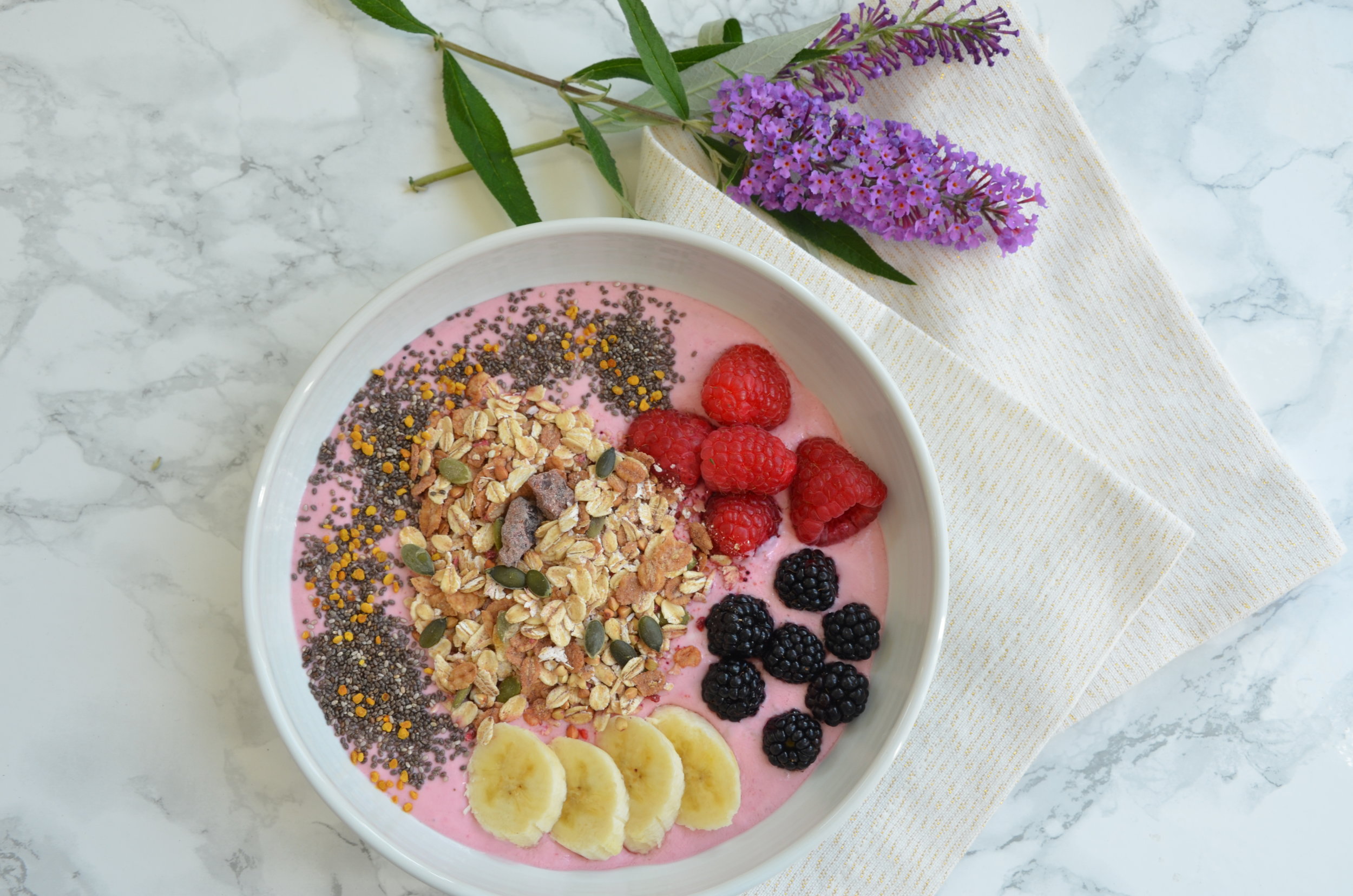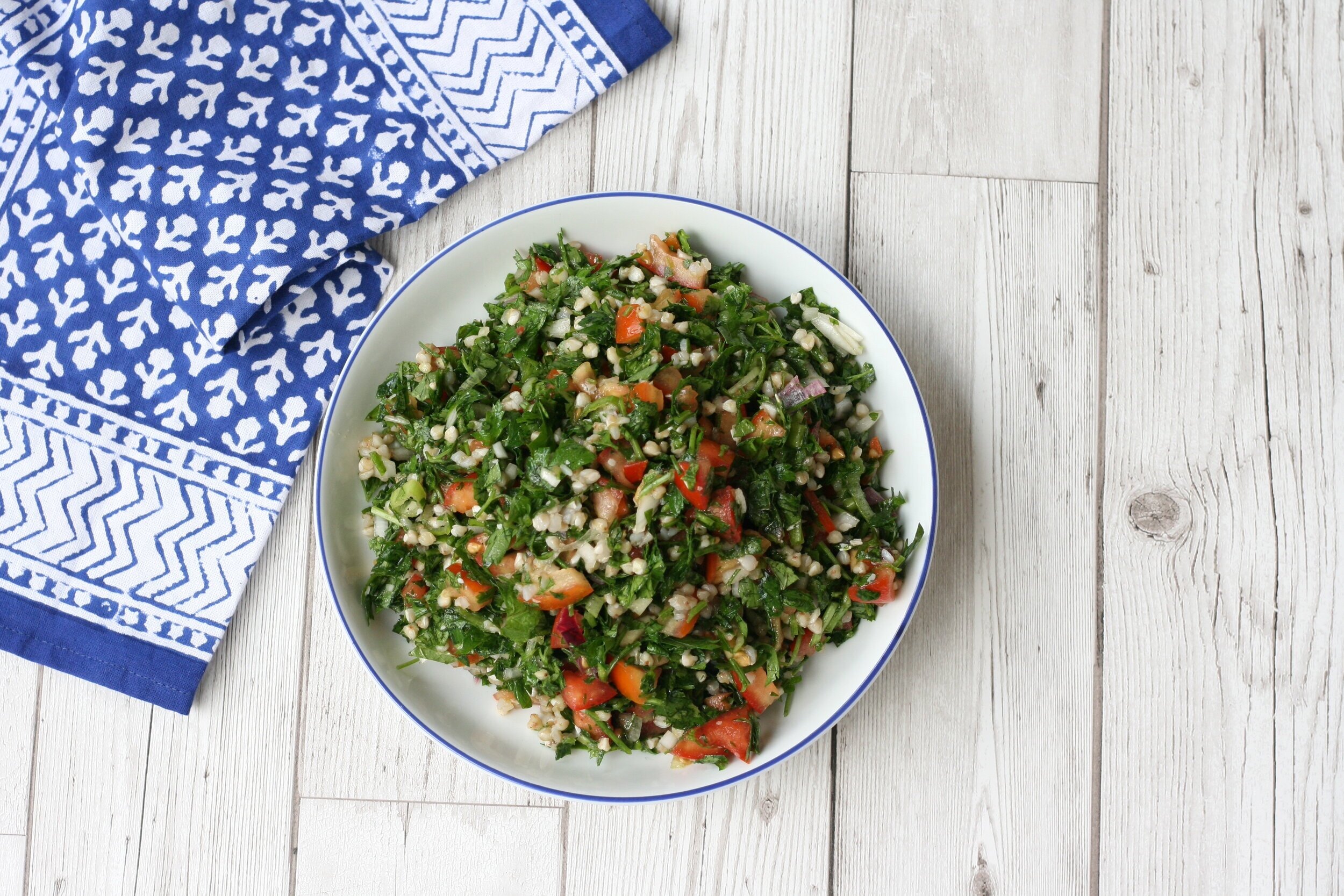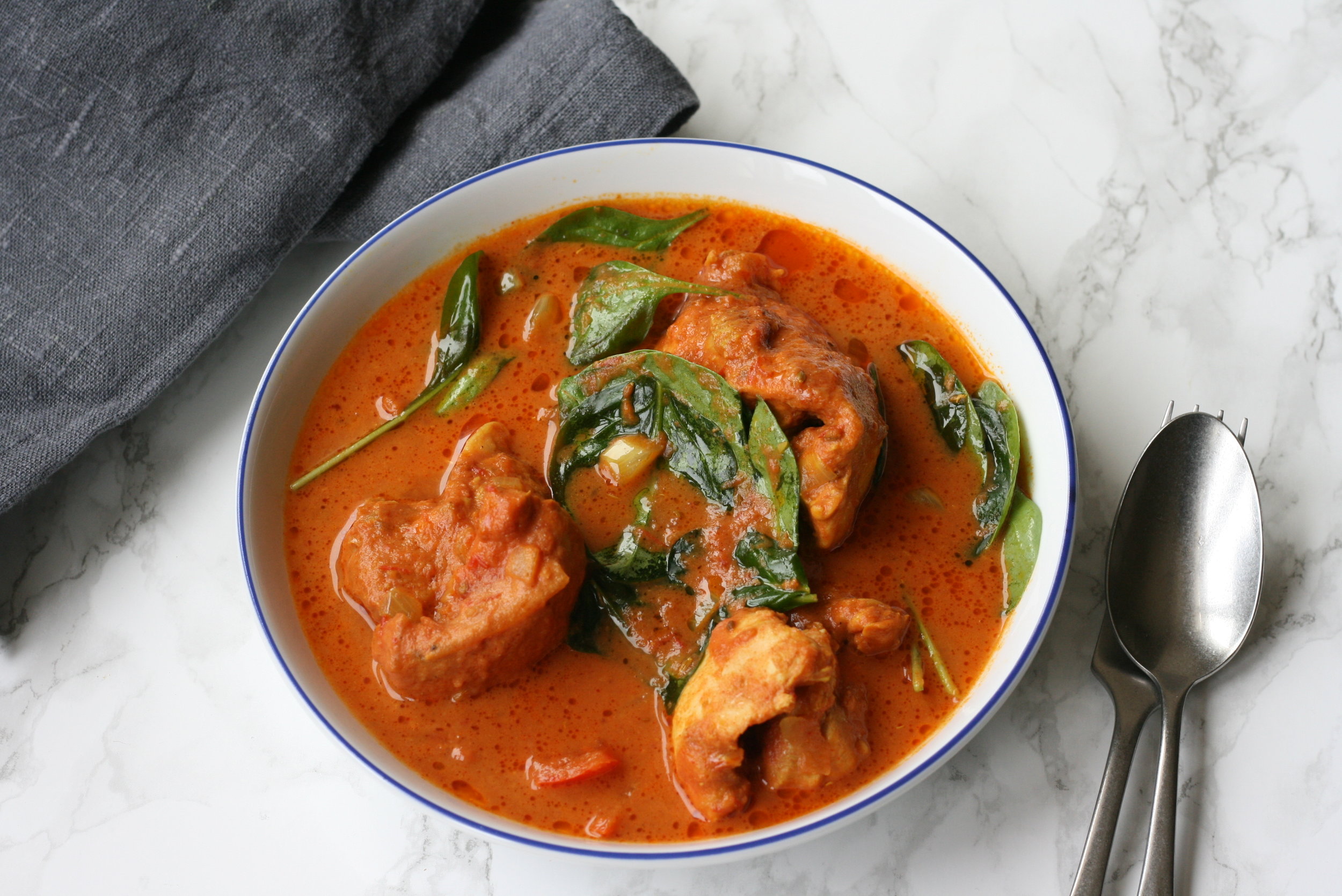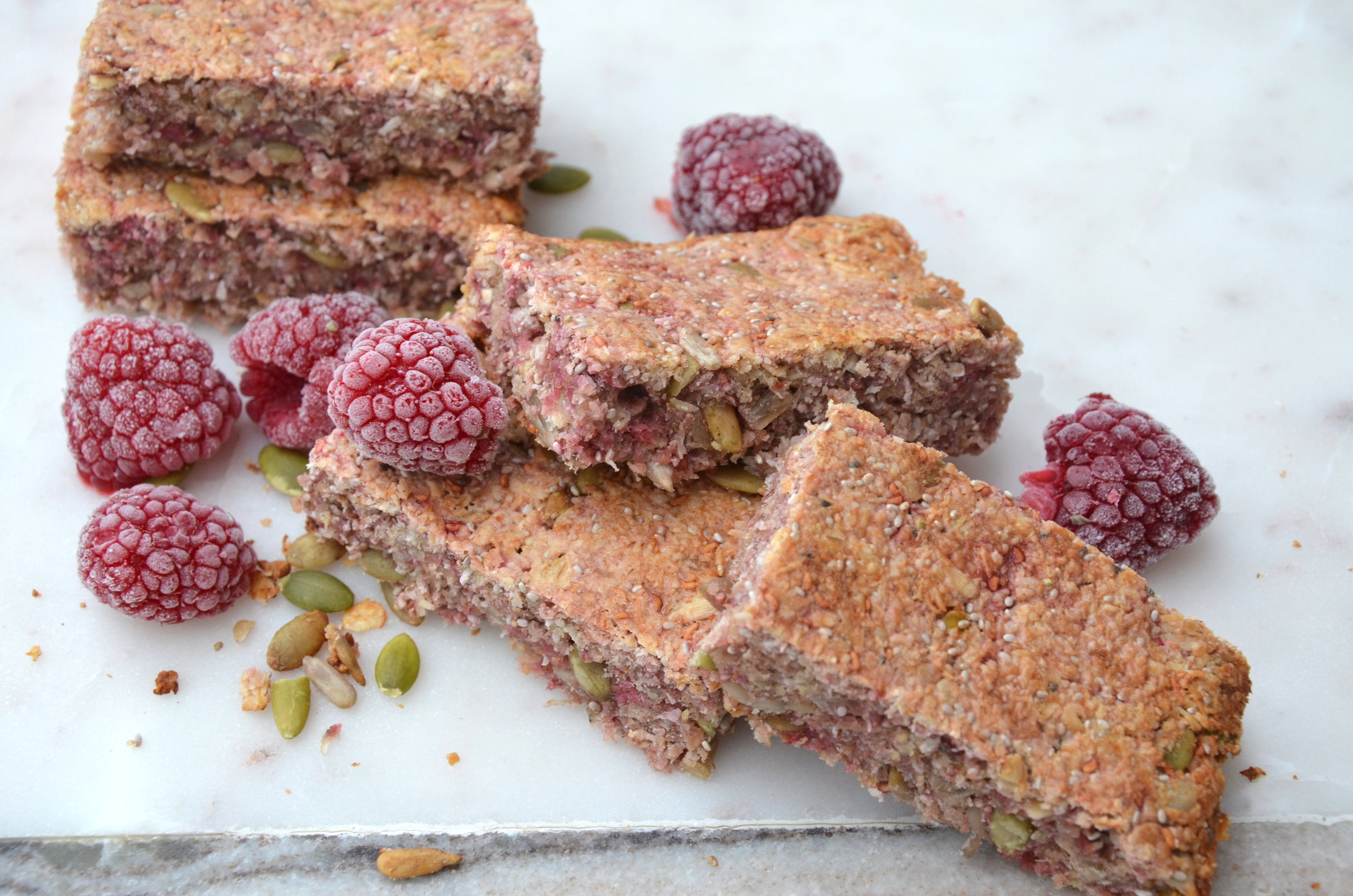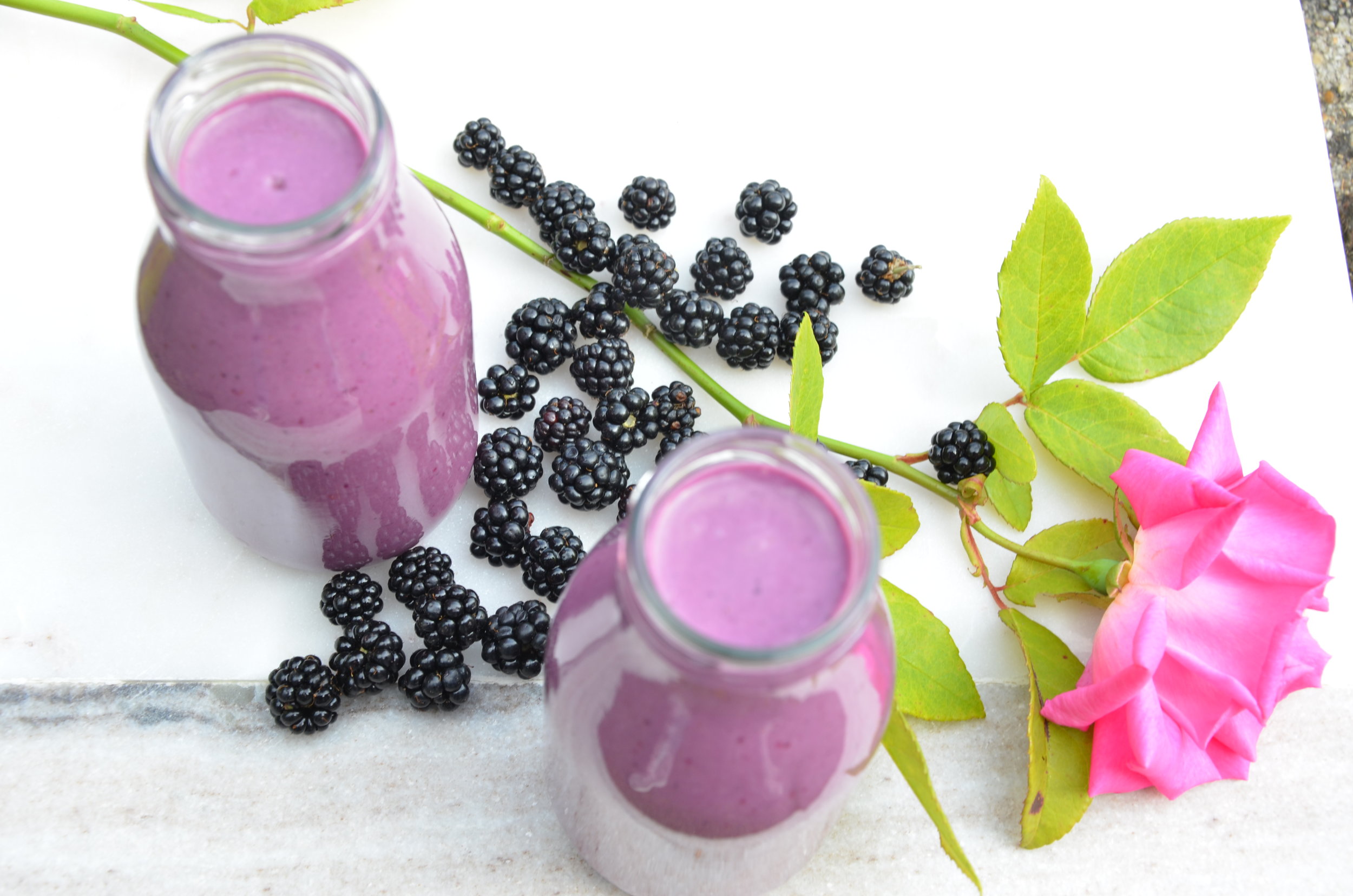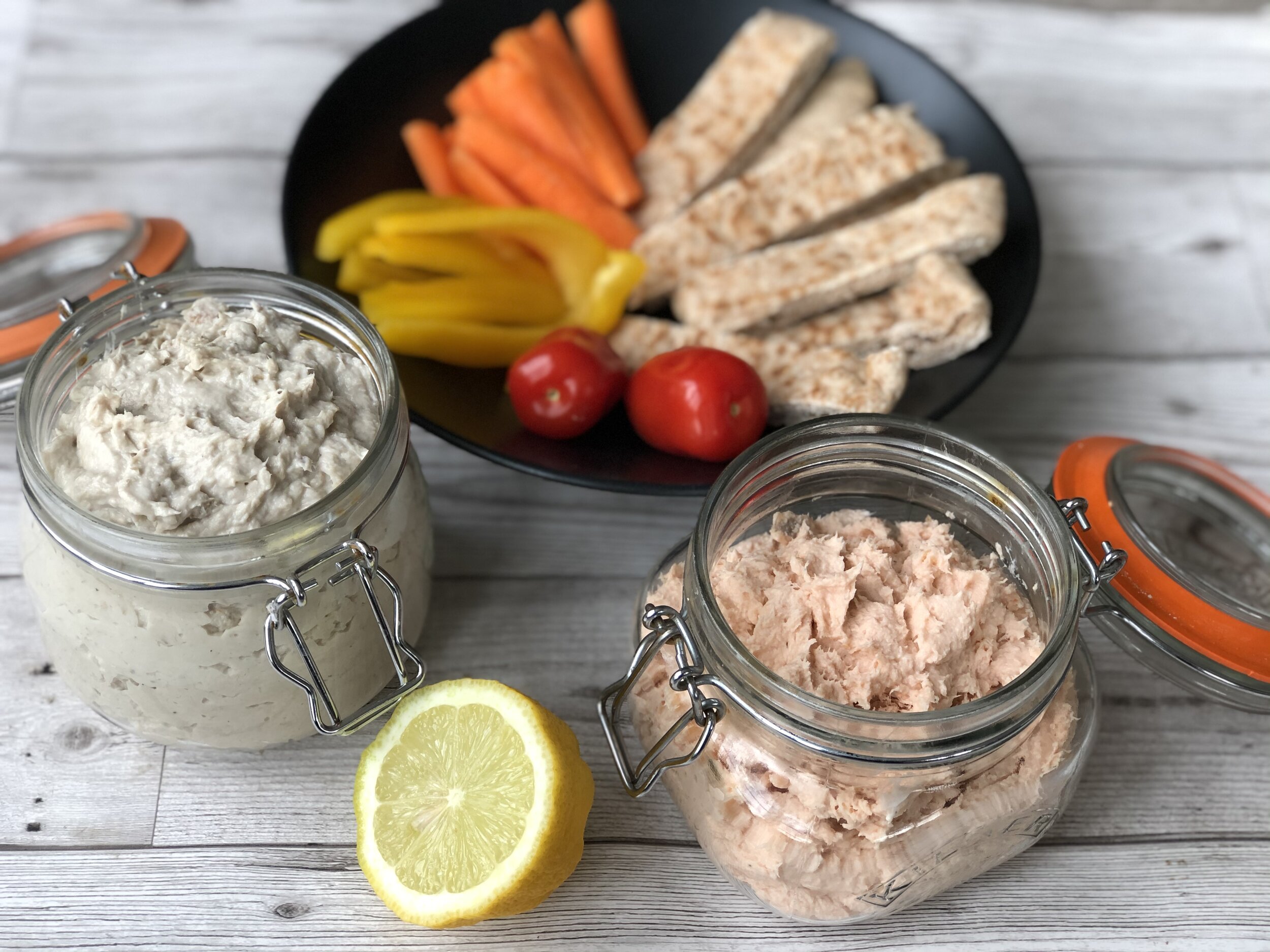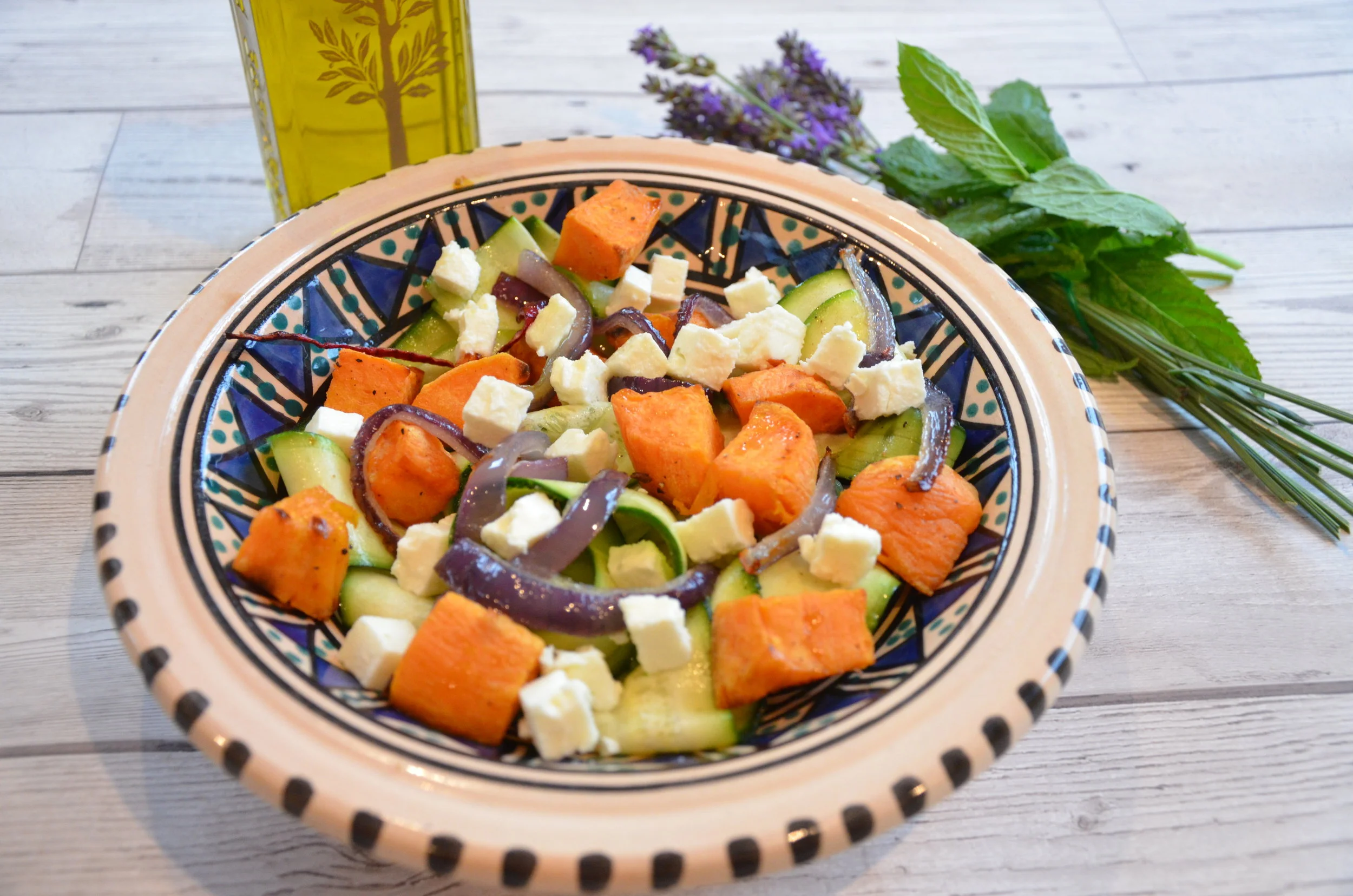you don't have to put a name on it
What I am writing about today is not a rant, not a judgement, not scientific just an account of my very personal experience with food sensitivities over the past 10 years. With access to information facilitated by technology, and the rise of fad diets, health trends and fancy buzz words spreading across social media, I sometimes find myself facing harsh criticism and negative reactions when I ask about the gluten content of my order when eating out.
Why am I feeling so sluggish and bloated?
This is how it all started. Going back quite a few years, working really long hours, in a stressful environment, next to no time to have lunch meant grabbing something to consume quickly at my desk. As far as I can remember, I was never one to really enjoy "rubbish" food. What I mean by that is that I love food too much to go for tasteless, low nutrition, convenience food. But I agree, it's hard sometimes.
Even going back 8-10 years ago, the City was already offering a wide range of healthier lunch options, although a bit pricey! I would have sushi or sashimi once a week, a vegetable based type lunch on another day and yes the local Italian deli used to see me a couple of times a week for a delicious beautifully prepared pasta! But that 2pm slump, tiredness and abdominal bloating and dagger pain got me thinking I needed to address this.
A few years before, I had consulted doctors and been told I was suffering IBS, caused mainly by stress and potentially a few food triggers. No convincing help was really offered to fix that except for a few tablets to clear the symptoms. No help was offered to get to the root cause.
my food diary journey
When like me you don't particularly have the time or inclination to go visit your GP with your symptoms, or you simply believe you can work it out with a bit of structure and focus around what you put in your body and what your body is telling you, keeping a food diary is simple and effective.
So I started writing down every food item I consumed accompanied with a timing, adding notes and followed by the timing and nature of my subsequent symptoms and discomfort.
A pattern emerged pretty quickly that a high amount of carbs, especially when containing wheat and gluten (rice seemed fine) was causing the most painful episodes pretty soon after meals (between 20 to 30mins).
So I started cutting down slowly, but soon realised I had to go further. And that's when the next phase started.
no prescription tablets, just good food choices
Over the next few years, I became more and more interested in food and nutrition and met like minded people, including Kat, and started bouncing off ideas and exchange views and recipes. I vowed NOT to visit the "Free From" aisle or section of my online supermarket. I simply chose to cook and prepare real food, from real simple ingredients. And that, does not contain gluten!
Bread, I was possibly going to miss terribly, as a Frenchie! Well yes, but again, every now and again it's fine. I usually opt for a good quality sourdough: very tasty and naturally much much lower in gluten than highly processed white bread. Increased amount of gluten accelerate the bread dough making process and that is why increasing amounts have been used in modern times.
I honestly thought that I was going to struggle without a good pasta bowl every now and again. Not really. Thankfully, I love rice and rice noodle and vegetable ribbons! So I am not missing out.
I used to utter those words "Gluten Free" quite a lot at first when eating out, then I tried to explain I was possibly intolerant if consuming too much gluten. I then thought of using the word sensitivity to gluten.... but I stopped mentioning it all together as I got bored of constantly explaining myself and getting "looks" and rolling eyes. So as I said, best advice from experience: don't put a name on it and chose real good simple food you love and enjoy!
Read Kat's honest nutritionist view on my personal journey below.
what the nutritional therapist thinks
Although Val doesn't want to put a name on it – non-coeliac gluten sensitivity is on the rise. Why? Well, as she rightly said, modern bread now contains 40 times the amount of gluten than it did 60 years ago. We are also consuming more bread, pasta and cereal than we used to. There's also a thinking that excessive hygiene has lowered our immunity and so we are reacting to things more. Non-coeliac gluten sensitivity or NCGS is hard to diagnose. Symptoms can range from bloating, tiredness, cramping, difficulty losing weight, diarrhoea or constipation and you could have one symptom or many and the symptoms may be mild or severe. Just changing to a gluten free bread is however not the healthy answer. The "free from" food aisles in supermarkets are now rapidly expanding with 'gluten free' products, which many consumers often see as a healthier alternative. However these products are often more processed than the original product and some contain alarming amounts of sugar.
There's been a backlash in the last year against following a gluten free diet. This followed a study in the British Medical Journal that concluded that going gluten free increased your risk of heart disease. However, I agree with Dr David Perlmutter, author of Grain Brain, who looked into the study and concluded that the risk of going gluten free wasn't actually the lowering of the gluten but the decrease in dietary fibre of the patients in the study. We need to consume at least 30-35g of fibre a day in a healthy diet. We need dietary fibre to feed our gut bacteria, maintain a healthy bowel, decrease insulin and oestrogen and keep our heart healthy. How do we increase our dietary fibre? Vegetables, fruit, brown rice, beans and pulses. These also contain additional benefits such as phytonutrients, antioxidants, vitamins and minerals that bread, pasta and cereal can't give you. So I would always favour adding more vegetables to my diet rather than a slice of bread or a plate of pasta.
If you do suspect an intolerance to gluten, keep a food diary as Val did, or go and see a nutritional therapist who can help guide you through some testing and a healthy diet. You don't need to suffer.

